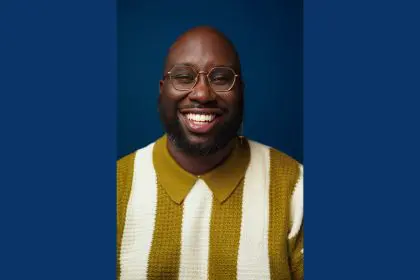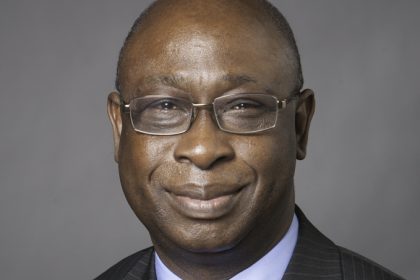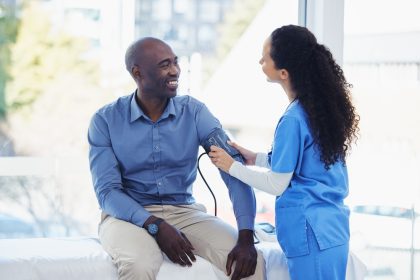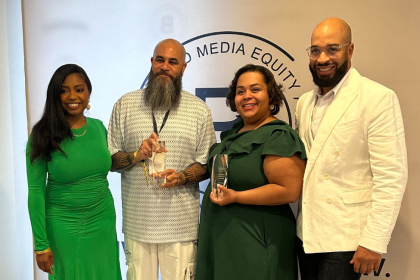
Detroit native Andre L. Johnson is president and chief executive officer of the Detroit Recovery Project, a multi-service nonprofit that provides a wide spectrum of support services to the city’s recovery community. Such services include GED preparation; 12-step support groups; housing assistance; job readiness and employment assistance; and HIV prevention, testing and counseling services.
Since its inception in 2005, the Detroit Recovery Project has devoted more than $15 million through federal, county and local awards to its mission to help Detroiters who were once on the streets to become drug-free and productive citizens.
Johnson and the Detroit Recovery Project will be leading the “Black Men’s Healing Conference: Solutions to the Opioid Epidemic” on Friday, Sept. 14 in Detroit, to provide a public forum where Black men can open up with each other and address multiple issues impacting their lives, health, families, and communities.
Rolling out caught up with Johnson before the start of the conference to discuss how the opioid crisis is impacting Black men, families, and communities.
Why was organizing this conference and discussing the healing of men in the Black community so important to you?
Unfortunately, Black men are dying at such an early age because of health challenges that could have been prevented or treated. We are still having conversations about exams that are supposed to be taken. I think we haven’t done enough in our country, in our society. … It’s important to increase awareness amongst Black men. Your health is your wealth. We’re just trying to have a real conversation and increase awareness with the brothers.
How would you describe the impact of the opioid addiction epidemic on the Black community?
It’s an absolute nightmare. It takes lives. … It breaks up families. It destroys families. The end of the road is jail and death because opioids are like silent killers. People don’t have a clue what’s going on around them. You lose track of time, kids lose their parents, parents lose their kids. I’ve seen it from both sides. It’s heartbreaking.
What can health professionals do to provide education through community organizations about health and the opioid epidemic?
We will have education, workshops and representatives that deal with the struggle of addiction. There are several strategies. One is medication assistant treatment therapy and/or detox residential treatment. Recovery support services and patient treatment as well are also things health professionals can do.
How does economics play a role in the opioid addiction epidemic?
It has created an underground enterprise for inner-city youth and adults. Underground illegal prescription abuse. There’s always someone who is suffering from this. This is usually a major setback economically. You have people become more impoverished, which can go into the next generation. Then you have the profitable side of it. The U.S. accounts for 8 percent of the world’s consumption of drugs, which means economically we’re talking about a multimillion-dollar industry. We want to infuse hope and become advocates. We don’t have enough individuals that are teaching by example and that are living a life that is drug- and alcohol-free.
What is the emotional language that men should be aware of and communicate better?
The language all starts with being educated. We must be an example and not say, ‘Do as I say, not as I do.’ It’s not always about preaching but just walking the walk. Nobody wants to hear lectures. We’re keeping it 100. It’s real. It comes from the heart. People want the real stuff.
What recommendation do you have for health checkups and developing better health regimens for Black men?
Treatments. We have kids that will be giving away a device that you can spray up your nose, and it will save people’s lives. There are also the devices people can use to reduce overdose because if you reduce overdose, you can help save a life. It all starts with living drug- and alcohol-free.















